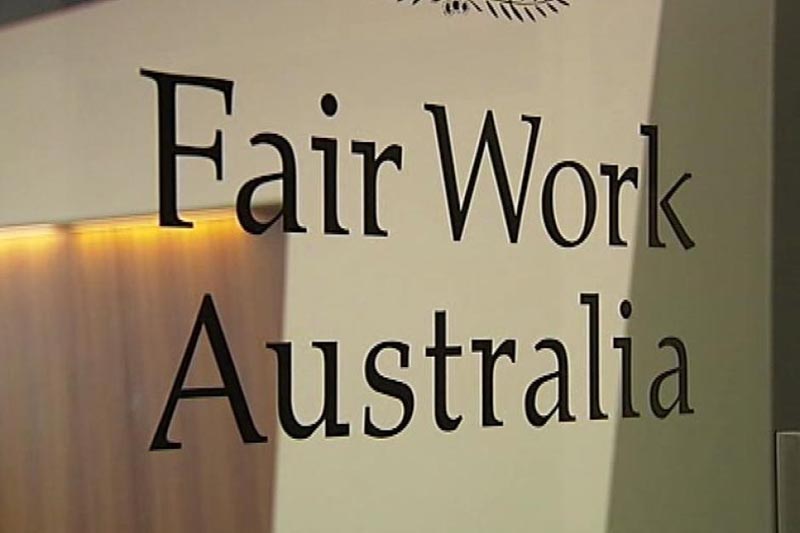
- Join Us
- About Us
- Benefits
- Campaigns
- News
- Contact Us
- USU Shop
Select Page

Workplace Flexibility is fast becoming increasingly important for workers and organisations across Australia.
Employers are realising that Flexibility is a key enabler of gender equality. Attracting and retaining diverse talent is crucial for future proofing workplaces.
Providing flexible working options is a key method in doing this.
A flexible work arrangement is an agreement between an employer and employee/s that allows the employee/s to change the standard working arrangements to better accommodate employee’s commitments outside of work. These arrangements usually encompass changes to the hours, pattern, and location of work.
In Australia there are two ways that employees can access flexible working arrangements.

1. Individual Flexible Working Arrangements

The rights for employees to request Flexible Working Arrangements are covered in the National Employment Standards (NES) of the Fair Work Act.
The NES applies to all employees covered by the National Workplace Relations System regardless of any Award, Enterprise Agreement or Contract of Employment.
It provides a right for certain employees to request Flexible Working Arrangements from their employer. The employer can only refuse on reasonable business grounds.
2. Employer and Employees agree to Flexible Working Arrangements
Flexibility doesn’t just pertain to provisions under the NES for a select group of employees.
More and more are seeking out flexible working arrangements and since the pandemic flexibility has become a key claim for employees in Enterprise Agreement negotiations and a key requirement for employees in seeking a new career.
Flexible Working is arrangements made between employee/s and the employer that enables control over when, where, and how work is accomplished.
The way these practices are generally negotiated are through Enterprise Agreements, employee/employer steering/ consultative committees and or consultation between the employer and employees.
To find out more about Flexible Working Options click here for a free factsheet.
How can Unions assist Flexibility in the workplace?
The USU is your union that will stand by you to demand a fair day pay for a fair day’s work. We don’t want to see you continue to struggle and we understand that your struggle is real!
Now is the time to come together to fight for better pay and conditions.
If you are not a union member, now is the time to join. The more members the stronger and louder our voice becomes, and it really needs to be heard now.
Remember union dues are tax deductible.
Contact the USU and we will put you in touch with your organiser for more information.
If you are not a member and wish to join, you can do so by going to our website HERE or contact our Help Line on 1300 136 604 or speak to your Union Delegate